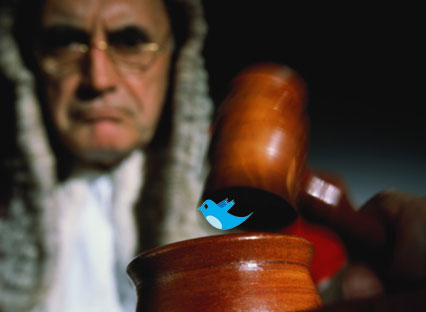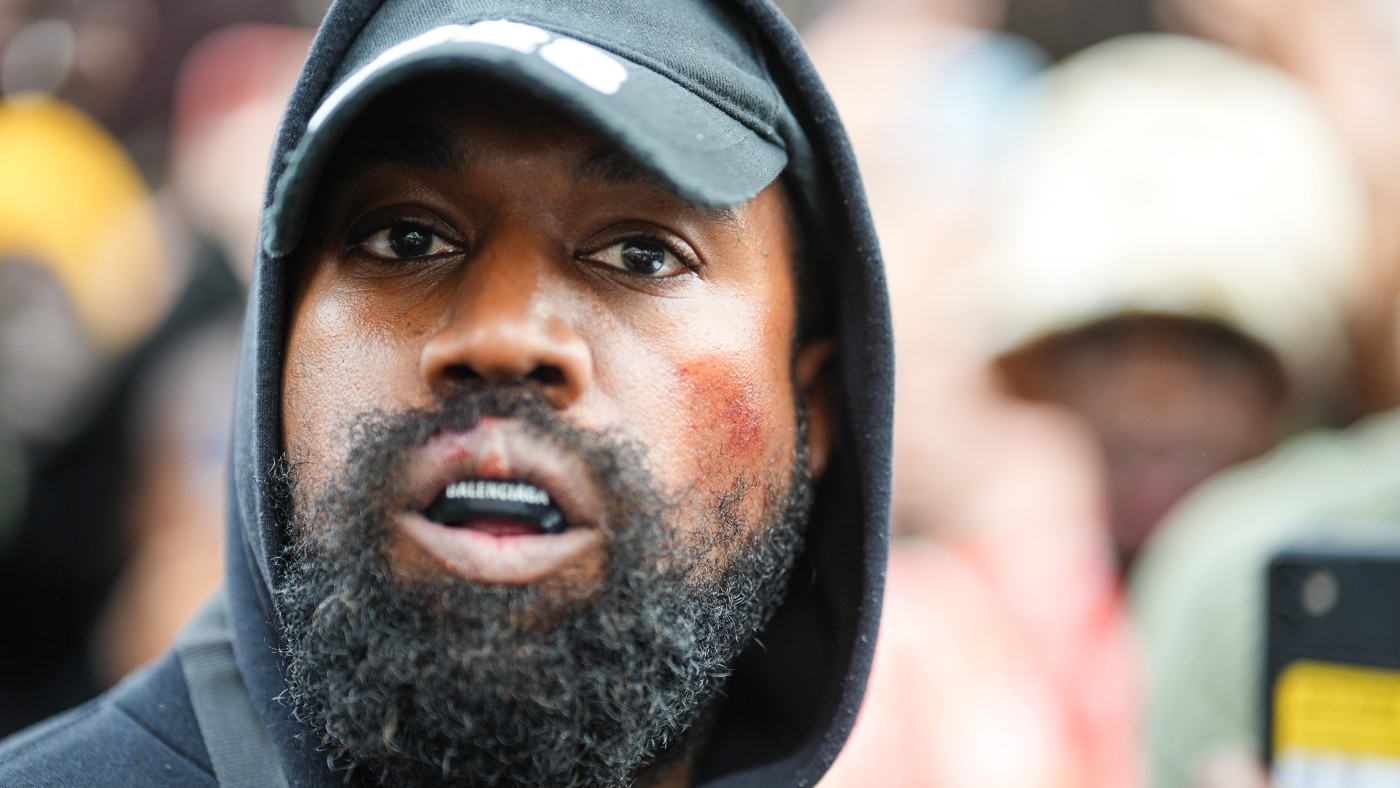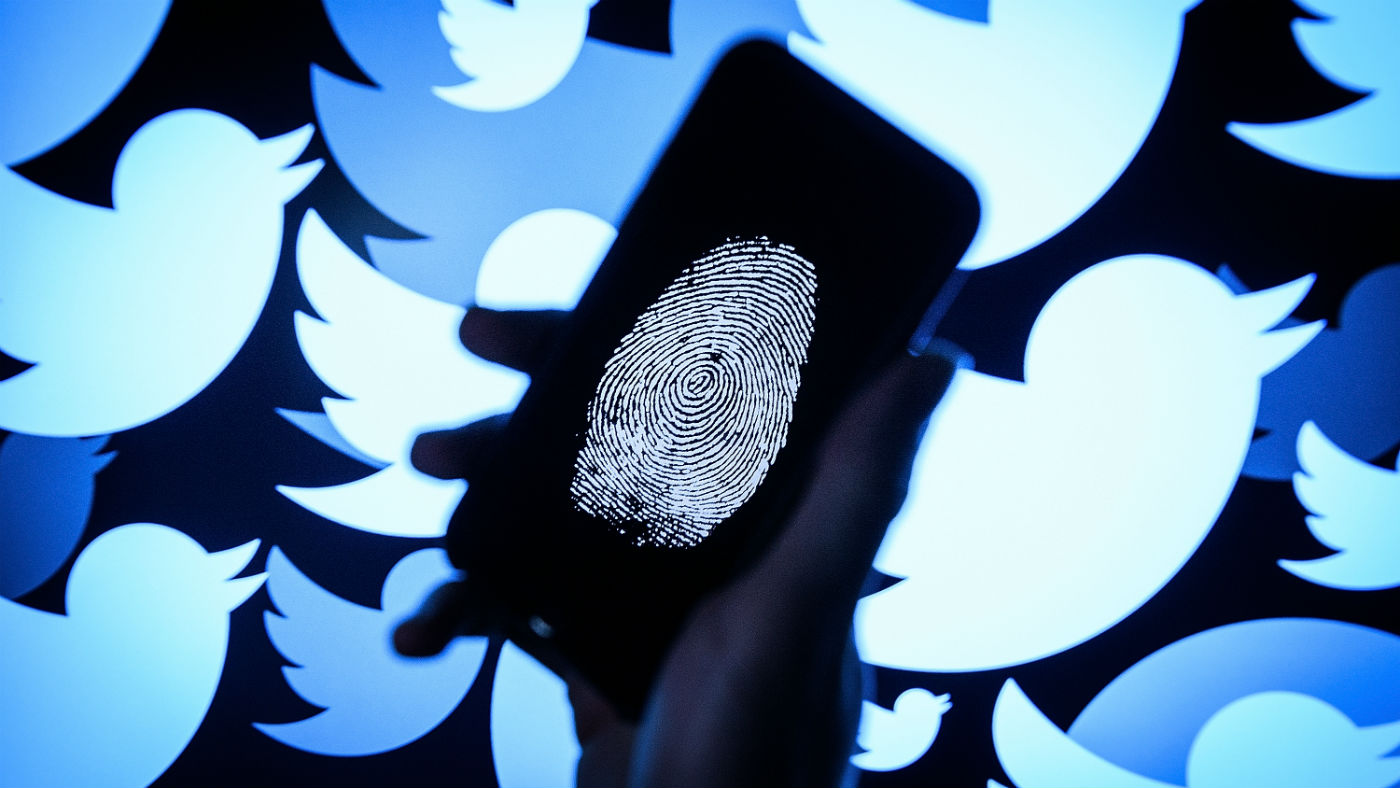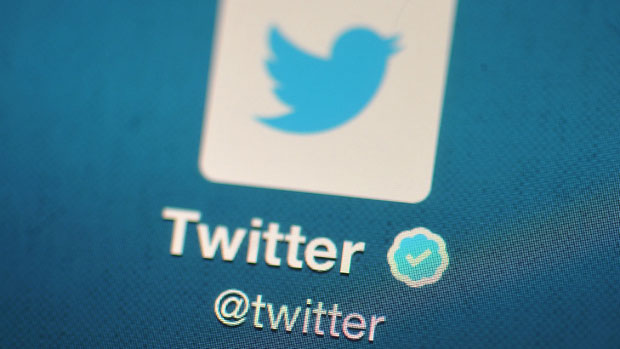Twitter is not dead – but it has lost its radical ambition
Twitter was once a network of equals - now it's dividing into a performing class and an audience

A free daily email with the biggest news stories of the day – and the best features from TheWeek.com
You are now subscribed
Your newsletter sign-up was successful
BROAD generalisations about Twitter often miss the mark, not least because no two users experience it in the same way. What you see depends not only on whom you follow, but also on how you access it: phone or desktop, browser or app, Apple or Android.
Nevertheless, a flurry of recent stories have heralded its demise, with varying degrees of triumph or regret. The Atlantic, went the furthest, claiming that “Twitter is entering its twilight” and printing an extended eulogy for the micro-blogging site.
The writers acknowledge the subjective nature of their argument, which almost certainly overstates the case. After all, the number of people using Twitter keeps growing and the revenue it generates has reached the quarter-billion dollar mark. But my own subjective take is that they are onto something: Twitter is changing, and not for the better.
The Week
Escape your echo chamber. Get the facts behind the news, plus analysis from multiple perspectives.

Sign up for The Week's Free Newsletters
From our morning news briefing to a weekly Good News Newsletter, get the best of The Week delivered directly to your inbox.
From our morning news briefing to a weekly Good News Newsletter, get the best of The Week delivered directly to your inbox.
Someone I follow recently noted that she now retweets others more often than she tweets herself. That struck a chord, and a quick review of my output over the past two months revealed that retweets outnumbered original tweets by more than two to one.
As I dug deeper into my timeline, I noticed another trend: when I do tweet, I get retweeted less than I used to. That may be because I’m less interesting than I was, but there is, thankfully, another possible explanation.
Although I have more followers than I used to, fewer of them seem to be truly engaged with Twitter, or with me.
Leaving aside the spambots and dead accounts, most of my followers fall into two groups: those working in media, PR or technology, and those with whom I have a personal connection.
A free daily email with the biggest news stories of the day – and the best features from TheWeek.com
While the professional users are just as active, a great many of the personal connections have fallen silent. Some may still be out there, listening and lurking, but they’re not tweeting (or retweeting) any more.
Nor, obviously, am I retweeting them, even though in the past I was much more likely to interact on Twitter with someone I knew in the real world. Now, a trawl through my timeline reveals that I retweet mostly people I’ve never met. And they tend to be people with significantly more followers than me, and therefore people who are already being retweeted by many others.
Also, I now rarely start or join Twitter conversations. I read, retweet and occasionally comment, but I don’t engage in back-and-forth discussion in the way I used to.
If my experience reflects a broader trend, the consequences for Twitter could be profound. It would signal a tendency for users to sort themselves into two camps: those who tweet, and those who retweet.
That too is no doubt an overly simplistic conclusion, but it chimes with The Atlantic’s lament that Twitter is “not the treehouse club it once was”.
In its early days Twitter was a network of equals in which celebrities and nonentities would speak without distinction. Now, it is dividing into a performing class and an audience. Influence and reach are consolidating in the hands of the few.
Like it or not, day by day Twitter looks less like a social network and more like the mainstream media it once seemed destined to dethrone.
Holden Frith tweets (occasionally) at twitter.com/holdenfrith
Holden Frith is The Week’s digital director. He also makes regular appearances on “The Week Unwrapped”, speaking about subjects as diverse as vaccine development and bionic bomb-sniffing locusts. He joined The Week in 2013, spending five years editing the magazine’s website. Before that, he was deputy digital editor at The Sunday Times. He has also been TheTimes.co.uk’s technology editor and the launch editor of Wired magazine’s UK website. Holden has worked in journalism for nearly two decades, having started his professional career while completing an English literature degree at Cambridge University. He followed that with a master’s degree in journalism from Northwestern University in Chicago. A keen photographer, he also writes travel features whenever he gets the chance.
-
 The problem with diagnosing profound autism
The problem with diagnosing profound autismThe Explainer Experts are reconsidering the idea of autism as a spectrum, which could impact diagnoses and policy making for the condition
-
 What to know before filing your own taxes for the first time
What to know before filing your own taxes for the first timethe explainer Tackle this financial milestone with confidence
-
 The biggest box office flops of the 21st century
The biggest box office flops of the 21st centuryin depth Unnecessary remakes and turgid, expensive CGI-fests highlight this list of these most notorious box-office losers
-
 Why X could face UK ban over Grok deepfake nudes
Why X could face UK ban over Grok deepfake nudesThe Explainer Ofcom is investigating whether Elon Musk’s AI chatbot breached Online Safety Act
-
 Kanye West, Parler and the rise of right-wing social media
Kanye West, Parler and the rise of right-wing social mediaTalking Point Controversial rapper agrees deal to buy Twitter-style platform as conservatives ‘flock’ to ‘free speech’ apps
-
 Social media crisis of confidence revealed
Social media crisis of confidence revealedSpeed Read Only one in four Britons trust social networks- and Facebook admits it can’t promise to be good for democracy
-
 #VisitBritainBecause: The best of the post-Brexit tweets
#VisitBritainBecause: The best of the post-Brexit tweetsSpeed Read Twitter hashtag encourages people to come to a nation united by tea, wacky politicians and bad weather
-
 #FoxNewsFacts mocks claim that Birmingham is for Muslims only
#FoxNewsFacts mocks claim that Birmingham is for Muslims onlySpeed Read The funniest Twitter reactions to Fox News pundit's claims that Birmingham is 'totally Muslim'
-
 Twitter shares soar despite £86m loss
Twitter shares soar despite £86m lossSpeed Read Large growth in users due to the World Cup and high advertising revenue encourages Twitter's investors